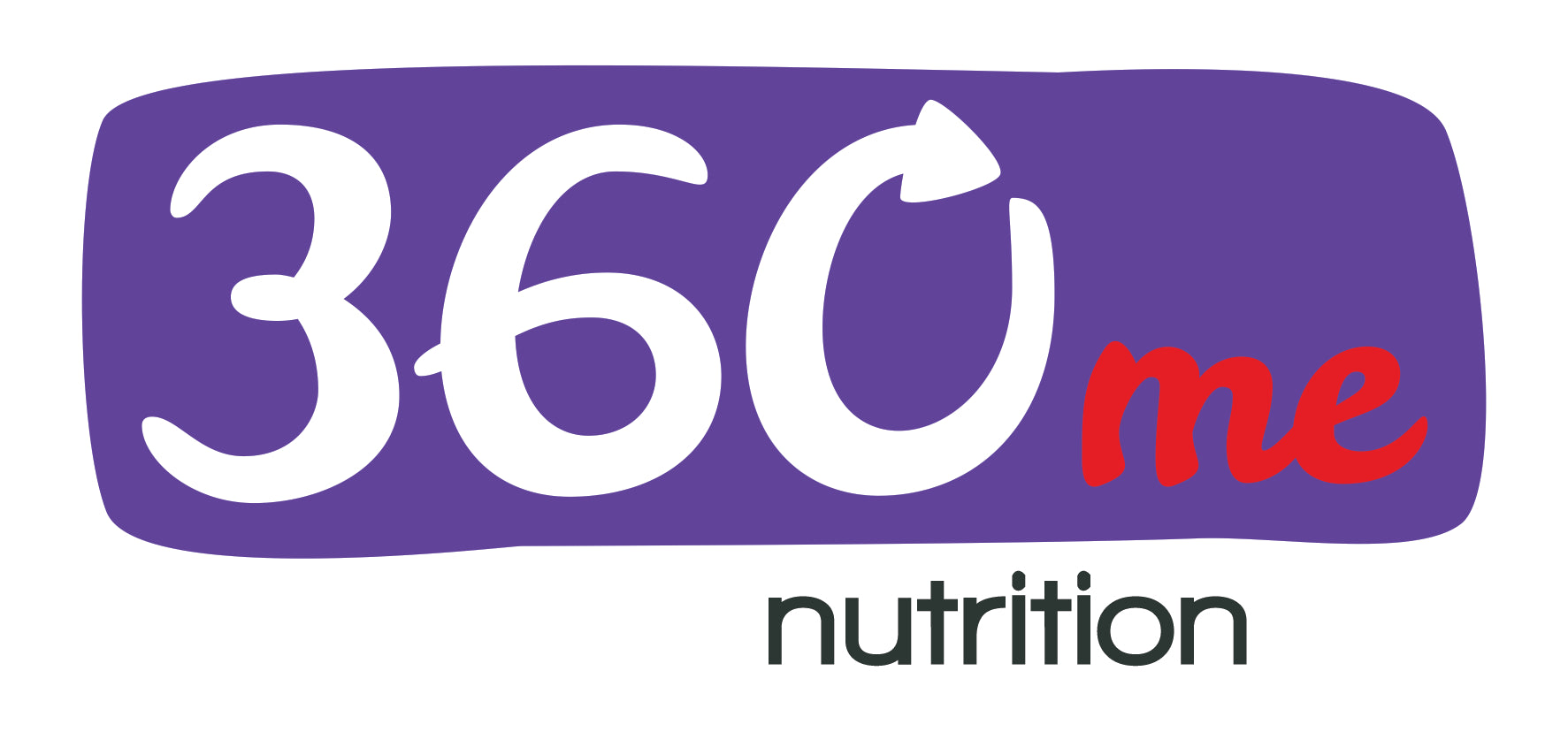Supporting People with Disabilities: The Role of Dietitians in the NDIS
Living with a disability often comes with unique health challenges that can significantly impact a person's quality of life. Dietitians play a crucial role in supporting individuals with disabilities by offering personalised nutritional guidance, promoting overall well-being, and helping manage specific health conditions. Here’s how dietitians can make a significant difference.
Personalised Nutrition Plans
Every individual has unique nutritional needs, and this is especially true for people with disabilities. Dietitians are skilled in creating customised nutrition plans that address the specific needs and preferences of their clients. For individuals with disabilities, this might involve:- Addressing mobility issues: Limited mobility can affect metabolism and energy needs. Dietitians can tailor meal plans to ensure appropriate energy and protein intake to maintain a healthy weight and energy level.
- Managing chronic diseases, including obesity: People with disabilities are at increased risk of developing chronic diseases, such as obesity and Type 2 Diabetes. Dietitians can help educate people on the appropriate food choices and offer healthy meal and snack suggestions.
- Building strength and restoring energy levels: Certain disabilities may lead to difficulties in consuming or absorbing nutrients. Dietitians can recommend nutrient-dense foods and, if necessary, supplements to prevent deficiencies and promote optimal health.
- Optimising gut health: A dietitian can help manage gut issues, such as constipation, which is common for people with some disabilities. A dietitian can create a tailored nutrition plan to ensure adequate fibre and hydration, to alleviate symptoms and promote digestive health.
- Improving diet quality, particularly for people with food sensitives: A dietitian can adjust meal plans to suit people with unique food sensitives to ensure adequate fruit and vegetable intake.
Promoting Independence and Empowerment
A significant aspect of a dietitian's role is to empower individuals with disabilities to take charge of their nutrition and health. This can involve:- Education: Teaching clients about the importance of balanced nutrition and how it can affect their specific condition. This knowledge enables them to make informed choices about their diet.
- Skills development: For those who can prepare their own meals, dietitians can provide practical cooking tips and easy nutritious recipes that accommodate their abilities and limitations.
- Adaptive tools and techniques: Recommending adaptive kitchen tools and techniques that make food preparation easier and more accessible for people with physical disabilities.
Collaborative Care
Dietitians often work as part of a multidisciplinary team to provide comprehensive care. They collaborate with:- Doctors and allied health: Ensuring that the nutritional plan aligns with the overall medical treatment plan.
- Caregivers and family members: Educating them on specific dietary needs and how to assist in meal preparation and feeding.
Conclusion
By addressing the unique dietary needs of individuals with disabilities, dietitians help promote better health outcomes, greater independence, and an improved quality of life. For anyone living with a disability, consulting a dietitian can be a pivotal step towards achieving their health and wellbeing goals.

